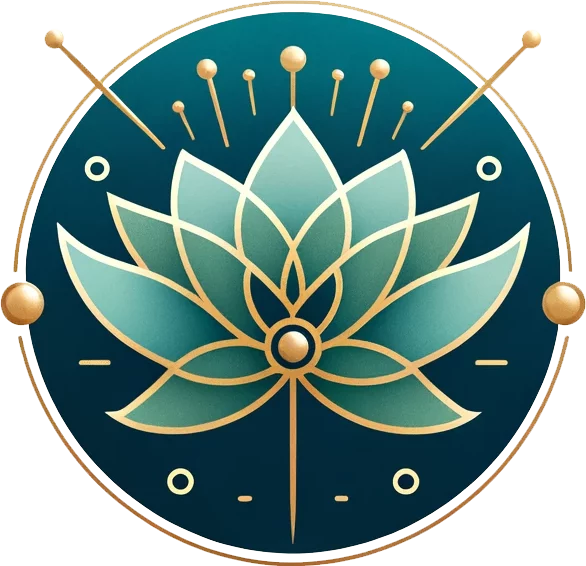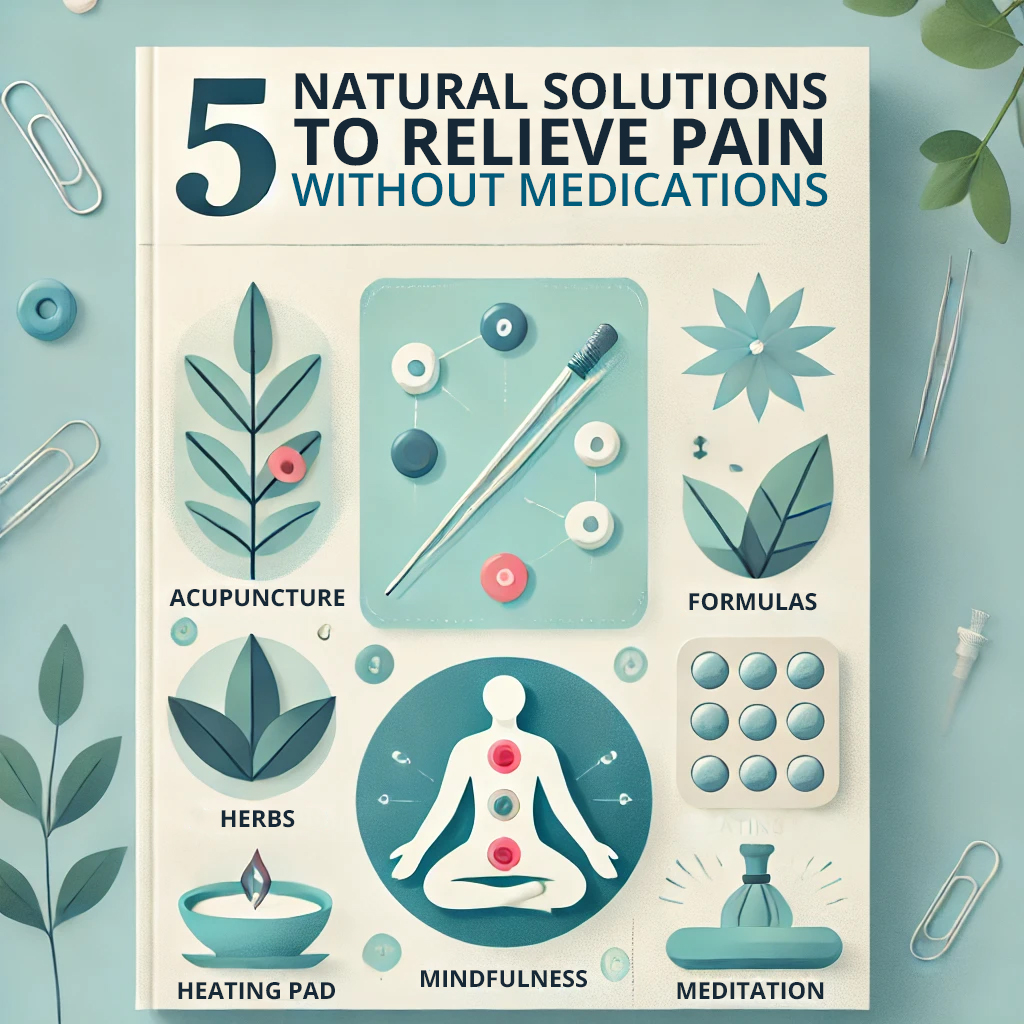By integrating acupuncture with conventional medicine, you can tap into a holistic approach that not only addresses your physical symptoms but also nurtures your mental and emotional well-being. This combination can lead to improved treatment outcomes, reduced side effects, and enhanced patient satisfaction. As a recognized complementary therapy, acupuncture is already being used in various settings, including integrative medicine centers and hospitals. By embracing this holistic approach, you can take the first step towards a more thorough treatment plan that respects your individual needs and preferences, and discover a more satisfying and effective path to overall wellness and healing.
Key Takeaways
- Integrating acupuncture with conventional medicine provides a holistic approach to patient care, treating the whole person – body, mind, and spirit.
- Acupuncture can improve treatment outcomes for pain management and cancer-related symptoms, and may reduce side effects from conventional treatments.
- Research indicates that 90% of health professionals recognize the benefits of incorporating complementary therapies like acupuncture into treatment plans.
- Integrative medicine centers, such as Memorial Sloan-Kettering Cancer Center, have successfully incorporated acupuncture into their treatment strategies.
Benefits of Holistic Treatment Approach
When you take a holistic approach to treatment, which integrates acupuncture into your conventional care, you’re more likely to experience improved overall well-being and patient satisfaction, as this method treats the whole person – body, mind, and spirit.
By combining acupuncture with standard medical treatments, you’ll not only alleviate symptoms but also promote a deeper understanding of your body’s interconnected systems. This synergy enhances your overall wellness, allowing you to take a more active role in your health.
Research shows that acupuncture can enhance treatment outcomes for various conditions, including pain management and cancer-related symptoms, by complementing conventional therapies.
By integrating acupuncture into your care, you may experience reduced side effects from conventional treatments. For instance, acupuncture has been associated with alleviating nausea and fatigue during chemotherapy.
This holistic approach also increases patient engagement and adherence to treatment plans, as 90% of health professionals recognize the benefits of incorporating complementary therapies.
Acupuncture in Modern Medicine
In today’s medical landscape, acupuncture is increasingly being recognized as a valuable complementary therapy, with a growing body of research supporting its effectiveness in managing pain and improving treatment outcomes for various conditions.
You’re likely to encounter more healthcare professionals who are open to integrating acupuncture into their practices, as nearly 50% of surveyed physicians and nurses have already done so. This shift reflects a growing acceptance of complementary and alternative medicine (CAM) among healthcare providers.
As you explore the role of acupuncture in modern medicine, you’ll find that it’s being used in various settings, including integrative medicine centers. These centers, such as the one at Memorial Sloan-Kettering Cancer Center, have established acupuncture as part of a holistic treatment approach. By combining acupuncture with conventional medicine, patients can experience enhanced overall wellness.
Research has shown that acupuncture can considerably improve the quality of life for cancer patients, particularly in managing pain and alleviating treatment-related symptoms.
The integration of acupuncture into conventional medicine is an exciting development, as it offers a more thorough treatment strategy that respects individual needs and preferences.
Patient-Centered Care Strategies
By incorporating patient-centered care strategies, you can harness the full potential of acupuncture and conventional medicine to create personalized treatment plans that honor your unique needs, preferences, and values. This holistic approach puts you at the forefront, empowering you to take an active role in their healthcare journey.
As you integrate acupuncture into your care, you’ll find that it naturally aligns with the principles of patient-centered care, addressing the physical, mental, and emotional aspects of health. By adopting this approach, you’ll be able to receive more effective care that respects the complexities of you as an individual.
Research has shown that patients who engage in complementary therapies like acupuncture report higher satisfaction levels and improved quality of life, particularly in managing chronic pain and stress. To achieve this, it’s crucial to collaborate with healthcare professionals from diverse backgrounds, fostering open communication and continuity of care.
By doing so, you’ll bridge the gap between conventional and complementary medicine, promoting a more integrated approach to your own care. As you prioritize your care, you’ll need to stay adaptable and responsive to each providers way of addressing your needs since they will greatly vary.
The Future of Integrative Medicine
With its focus on treating the whole person, not just the symptoms, the future of integrative medicine holds great promise for revolutionizing the way you get care. It combines the best of conventional treatments with evidence-based complementary therapies like acupuncture. As healthcare systems shift towards value-based care models, integrative medicine’s emphasis on patient-centered care and holistic wellness is becoming increasingly important.
By adopting a holistic approach, you can provide more thorough care for yourself that addresses the physical, emotional, and mental aspects of your health. This not only improves therapeutic outcomes but also enhances your satisfaction and treatment adherence. To stay ahead of the curve, healthcare professionals are recognizing the importance of training in integrative practices, including acupuncture, yoga, and dietary therapies.
Here are four key trends shaping the future of integrative medicine:
- Increased adoption of evidence-based practices: Studies are showing that therapies like acupuncture can effectively manage pain and improve quality of life for patients with chronic conditions.
- Growing demand for complementary and alternative medicine: Patients are seeking more holistic approaches to healthcare, driving demand for integrative services.
- Collaboration between conventional and integrative healthcare providers: Standardized protocols and policies are being developed to support holistic care in clinical settings.
- Greater emphasis on lifestyle-based healing methods: Integrative medicine is incorporating lifestyle-based approaches, such as yoga and dietary therapies, to promote overall wellness.
Conclusion
As you commence on this journey of integrated care, you’re weaving together the threads of conventional medicine and acupuncture, creating a rich tapestry of holistic health.
The needle becomes a symbol of empowerment, piercing through the boundaries of fragmented care and stitching together a narrative of wholeness.
By embracing this synergy, you’re revealing a profound understanding of your body’s intricate web, illuminating a path to balanced wellness that honors your unique complexity.
Elevate Your Health Journey
At Elite Care Acupuncture & Alternative Medicine, we believe in a personalized, holistic approach to health. Whether you’re seeking relief from chronic pain, managing stress, or exploring natural healthcare options, our experienced team is here to support your path to optimal well-being.
Contact Us:
- Address: 1105 7th Avenue North, Saint Petersburg, FL 33705
- Phone: +1 (727) 606-8700
- Website: www.EliteCare.clinic
Take the first step toward a healthier, more balanced life. Schedule your appointment today and discover the transformative benefits of alternative medicine with Elite Care. Your journey to wellness starts here.




